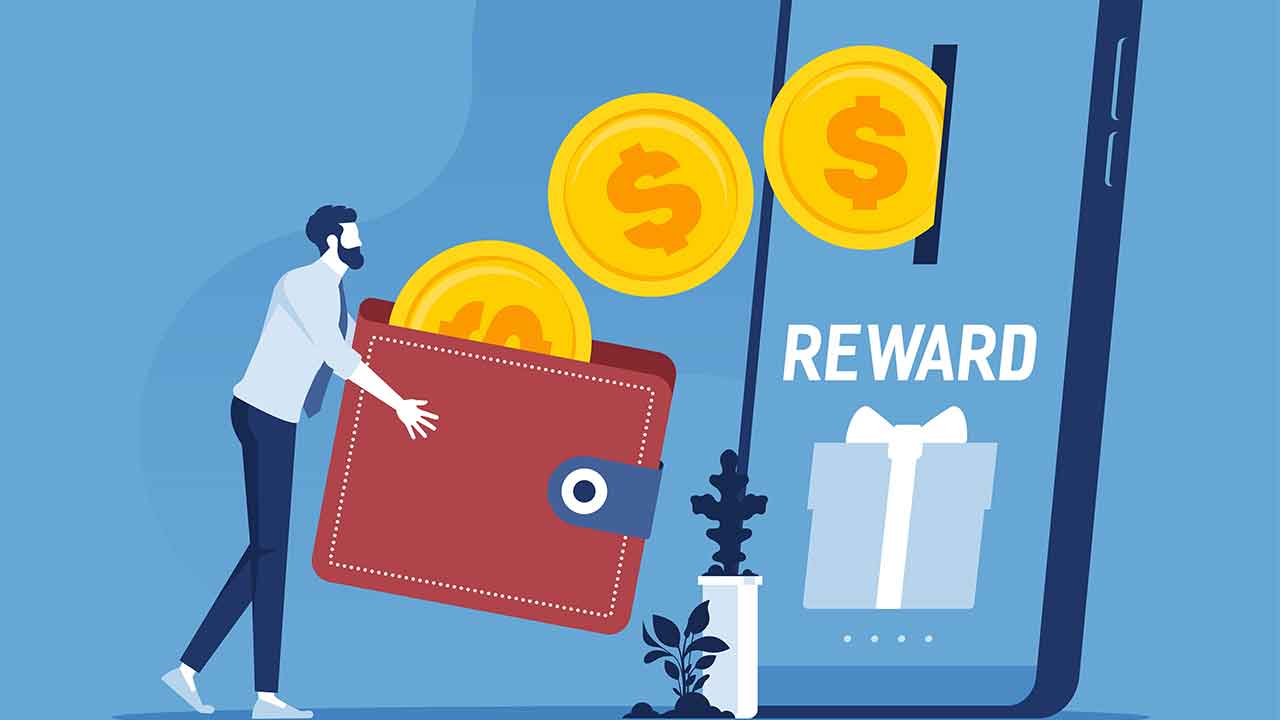Why you should beware spending rewards and BNPL programs

Malware is software designed to disrupt and destroy, and there are plenty of ‘wolf in sheep’s clothing’ financial programs doing just that to people’s financial futures. Some that come to mind are programs (yes, they’re called ‘programs’) that make it easier to spend and / or reward and incentivise spending, and harder to make good financial decisions. When you get tricked into spending, or spending more than you otherwise would, you transfer your wealth to someone else. The more wealth you consume, the less you have for later on. Let’s consider two marketing malware culprits to avoid wherever possible.
Rewards Programs
Beware programs that trick you into thinking that spending is good.
Consider Flybuys for example. It is a rewards program where you generally receive one Flybuys point for every dollar spend. Therefore, to earn 1 000 000 Flybuys points, you need to spend $1 000 000. What if I told you that the cash value of one Flybuys point is 0.5 cents? That would mean to earn 1 000 000 Flybuys points you’d have to spend $1 000 000, yet that $1 000 000 is really only ‘worth’ $5000. They’ve actually created a system where you think you’re being rewarded on a one-for-one basis (i.e. one dollar spent equals one point) when really you’re being rewarded at the rate of half of one cent for every dollar spent.
Additionally, when it comes time to redeem your points, the products you can ‘purchase’ are valued at top dollar, rather than at any discounted price you might be able to find if you shopped around.
Buy Now Pay Later (BNPL)
Back in the day, department stores offered something called lay-by. This was where you could grab a product off the shelf, take it to the store’s lay-by counter and enter an arrangement with them to pay it off over two or three instalments. Once you’d made the final payment, the product was yours to own and take home. Lay-by was a great option for people who couldn’t access or didn’t want to use credit cards. There were no upfront fees associated with lay-by, and there was certainly no interest charged.
Lay-by has been reborn and rebadged as BNPL; you pay by instalments, and you can take the product with you immediately. You won’t pay any fees provided you make the required instalments in full and on time. If you don’t, then you’ll be slugged with establishment fees, late fees, account-keeping fees and payment processing fees.
The danger is that BNPL is easier to access than traditional debt options such as credit cards because BNPL is not technically credit since providers don’t charge interest. But BNPL is consumer debt with instant gratification, and that makes it credit in my book.
Afterpay is one of the biggest BNPL providers on the planet. It advertises that it is a ‘free service’, provided you pay on time. If you don’t, their late fee is $10 per missed payment, plus an additional $7 if the payment is still outstanding after a week. It doesn’t sound like a lot, but if you had bought something that only cost $20 and forgot to make a $5 instalment, then the $10 fee is 200 per cent of the missed payment. Ouch! Don’t forget that the fee is per missed payment. If there were other purchases made, then the fee would compound.
Late fees, however small, can quickly cascade into a significant sum of money, potentially many times more than the instalment due or even the price of the item purchased. Plus, there are other consequences of missed payments—black marks on credit records, difficulties borrowing for other debt such as a home loan, and the possibility of additional fees as debts are passed over to debt collectors.
BNPL organisations profit from users who fail to meet their repayment obligations, and so part and parcel of running a successful business and growing profits would involve them doing well when their customers do poorly. You can’t expect corporate behemoths to do the right thing by you if it’s the wrong thing by them. The best you can do is gain the skills and awareness you need to know when you’re being played. Marketing malware disrupts your ability to accumulate wealth by tricking you into believing you are getting a better deal than is the case. Ideally, you’d avoid using it at all, but if it’s too late for that, then you need to clean up your code as soon as you can.
Being rewarded for spending money you haven’t yet earned is a toxic combination that will poison your efforts to attract and keep a fortune that counts. Make sure you are a good shepherd of your financial flock by being vigilant in keeping an eye out for marketing malware wolves, and not falling for their enticing yet financially disempowering charms.
Edited extract from Steve McKnight’s Money Magnet: How to Attract and Keep a Fortune that Counts (Wiley $32.95), now available at all leading retailers. Visit www.moneymagnet.au
Image: Getty Images
